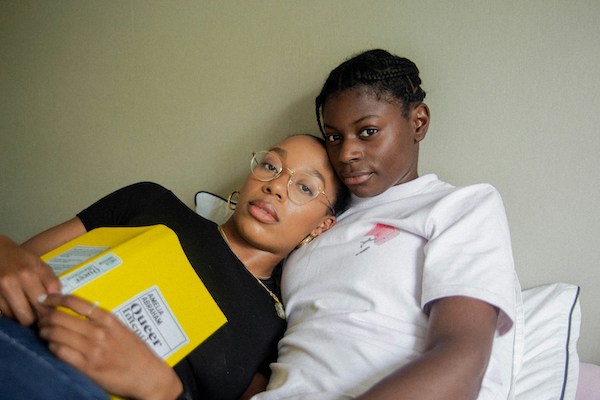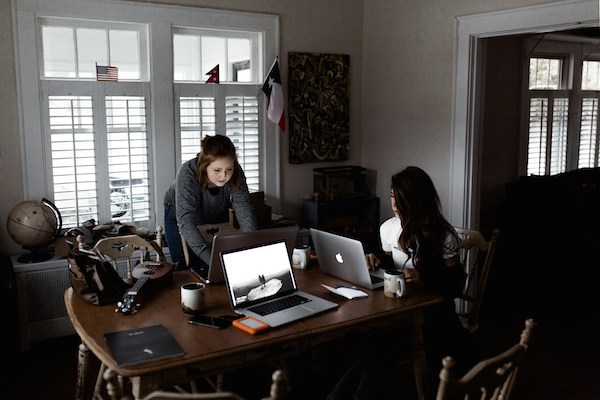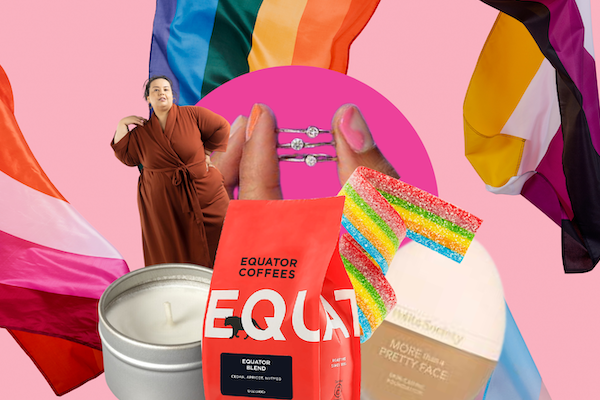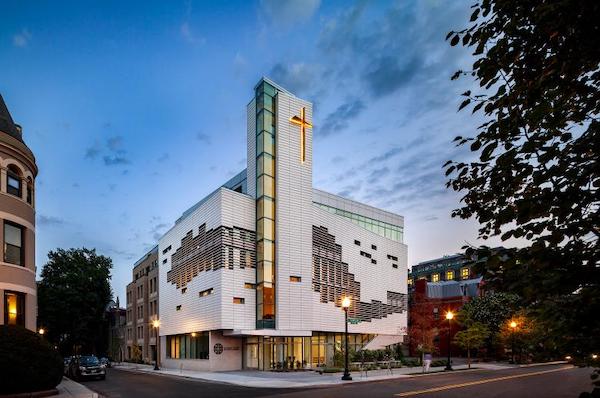
Karol G Isn’t Queerbaiting With Her Sapphic Music Video For New Single, “Contigo”
February 16, 2024
8 Sapphic Reads to Add to Your TBR in 2024
February 21, 2024Content warning: This article contains mentions of anti-LGBTQ+ violence and suicide. Please consider your mental health when deciding when and how to proceed with reading this article.
Nigeria is Africa’s most populous country and boasts many diverse cultures and traditions. Yet Nigeria’s queer community continues to struggle. While this country prides itself in its rich tapestry of ethnicities, languages, and histories, LGBTQ+ Nigerians face a daunting reality of legal restrictions, discrimination, social stigma, and constant violence.
These societal norms—steeped in cultural and religious beliefs—have created an atmosphere of exclusion and hardship for those within the nation’s LGBTQ+ community. This article explores the nuanced challenges faced by queer Nigerians.
Legal Restrictions
One of the most difficult obstacles to LGBTQ+ equality is Nigeria’s stringent legal environment. In 2014, former President Goodluck Ebele Jonathan signed the Same-Sex Prohibition Act into law. The act criminalized same-sex relationships and imposed severe penalties on those who broke the law. This legislation has not only been a formidable barrier for queer people in this country, but it has also fostered discrimination and marginalization of the LGBTQ+ community. Because of this law, queer Nigerians are forced to conceal their sexual orientation and suppress their personal identity, inhibiting their ability to build a flourishing queer community.
Violence & Harrasment
LGBTQ+ Nigerians experience a high rate of physical violence and harassment. These attacks occur on an almost daily basis. Queer Nigerians are made fun of, hated on, and abused at every opportunity. Nigerian society refuses to accept them for who they are. This homophobic reality sometimes drives queer Nigerians to consider suicide.
Some communities in the country even employ the help of vigilante groups to root out queer people in their communities. At times, this practice has resulted in the murder of queer Nigerians. Rarely do the victims of these crimes get justice, as there are no laws to protect the LGBTQ+ community in this country.
Limited Access to Healthcare
Access to adequate healthcare is a major concern for LGBTQ+ Nigerians. The basic healthcare services are frustratingly out of reach for them due to prejudice within the healthcare system.
This lack of inclusivity has contributed to the higher rate of spread of HIV, AIDS, and other sexually transmitted diseases within the LGBTQ+ community, as individuals may be hesitant to seek medical assistance due to the fear of discrimination or mistreatment. Health insurance companies in this country will even deny queer Nigerians the coverage they need.
Economic Marginalization
Queer Nigerians suffer discrimination in the workplace based on their sexual orientation and gender identity. This can result in job loss, denial of promotions, or exclusion from professional opportunities. If queer Nigerians dare stand up for themselves or try to question the company leadership, they are often met with unsatisfactory/fabricated responses to their complaints.
The problems faced by queer people in Nigeria are deeply rooted in legal, social, and economic frameworks. Overcoming these challenges requires a concerted effort from individuals, communities, NGOs, and policymakers to promote inclusivity, tolerance, and understanding. By addressing legal restrictions, fostering social acceptance, advocating for healthcare equality, and tackling economic marginalization, Nigeria can progress and become a more compassionate and equitable society for its citizens.





